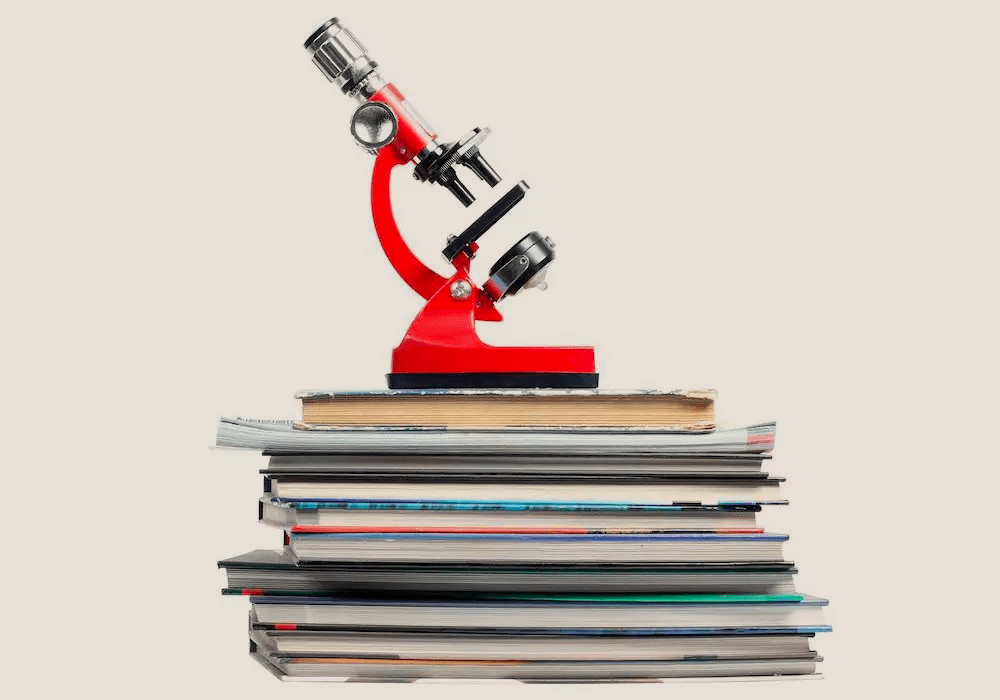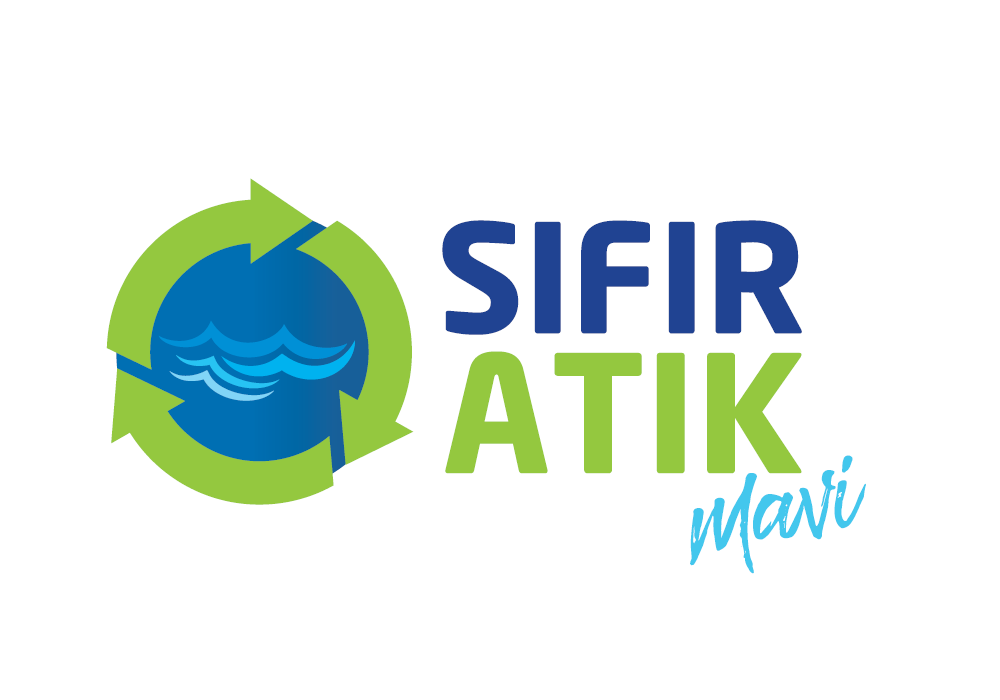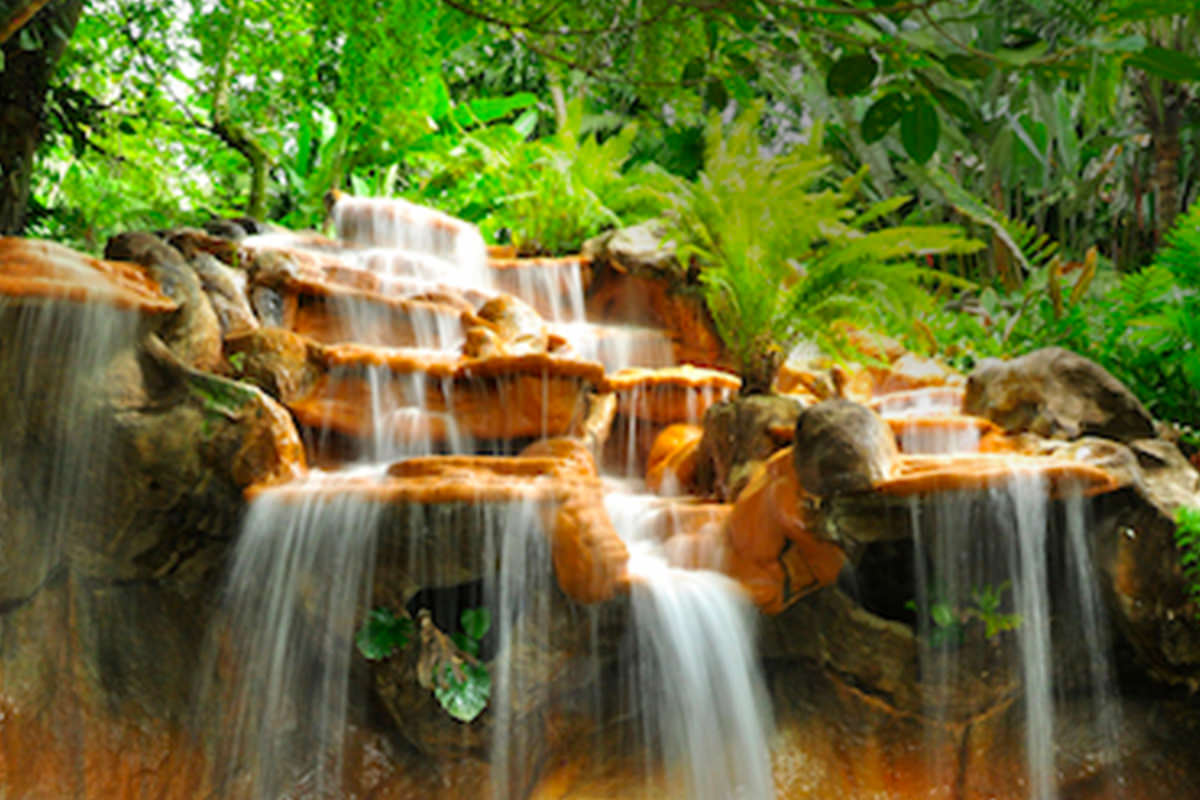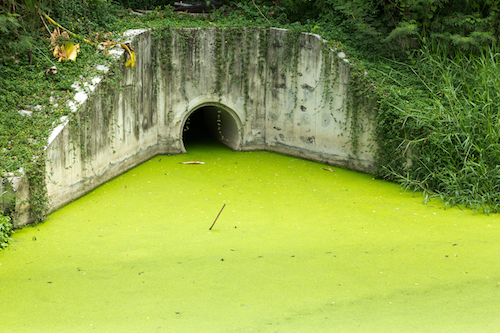


Water is an indispensable substance, vital for the life cycle of man, but its resources are very limited. Since ancient times, societies have given great importance to water and have even described it as the source of life. For the first time in history, Romans carried water to their living areas by establishing channels to meet the water needs in developing cities. However, they have determined that wastewater should be separated away from clean water and habitats.
Nowadays, as the water resources are gradually decreasing and the wastewater released from industrial facilities cause environmental pollution, the resources should be used efficiently.
Groundwater is one of the most important resources for drinking water. For using water efficiently, we need to reduce the consumption rate of water obtained from natural sources and protect the resources. However, as the wastewater generated after use will contaminate the underground spring water, the wastewater must be treated first. In particular, the treatment of industrial wastewater prior to sewerage is extremely critical.
In order to protect the environment from the wastewater from many industries in different sectors, the pollutants are are regarded with certain values specified in the wastewater regulations prepared in this manner. In our country, various municipalities and various private organizations make analyses by taking samples from the wastewater of the enterprises, control the values and impose sanctions on enterprises with high pollutants.

The characters of and pollutants within the wastewater from hotels and restaurants to heavy industry all differ from each other. Various physical and chemical analysis is performed to determine contamination degree of the wastewater. For the determination of the contamination of many wastewater, the main values in water are pH, suspended solids, biological oxygen demand, chemical oxygen demand, phosphate, nitrogen and oil content. According to the type of business, regulations allow certain limit values in water wastes.
The suspended solids hanging in the water affects the turbidity of the water. The higher the amount of solids undissolved in the water, the greater the amount of suspended solids and turbidity. However, the need for chemical oxygen and biological oxygen refers to the organic substances in the water. As these values increase, the amount of dissolved oxygen in the water will decrease and the aquatic organisms will not be able to get the oxygen they need to live. Similarly, the pH of the wastewater being too acidic or too alkaline will pose a threat to the living organisms in aquatic environment and as water can be mixed into the soil in the following stages, it will pose a threat to the living organisms in the soil.
Phosphate compounds act as fertilizers in water and cause excessive growth of plants, algae and cause unwanted odors to be released by the not purified wastewater. Algae, which multiply by the fertilizing effect of phosphate, are extremely dangerous to the aquatic organisms due to consuming excess oxygen in water. When the amount of phosphate dissolved in water is concentrated, a condition called eutrophication occurs and causes pollution of in the environment. Similarly, the amount of nitrogen in the wastewater causes eutrophication when it is dense. The source of phosphate and nitrogen compounds in the wastewater can be human waste, the contents of chemicals used in cleaning or processes, or food waste.
Another important issue to be considered in wastewater is the amount of oil. The oil contained in the wastewater moves above the water over time, acting as a barrier between air and water, prevents the oxygen in the air from entering the water and this situation poses a danger for the aquatic organisms. For this reason, the wastewater should be purified from the oil before it is introduced into the sewer.
Particularly in the wastewater of industrial kitchens such as restaurants, catering, cafeteria or hotel kitchens, the oil rate is very high and this process is carried out mechanically in oil traps. Oil traps is a kind of pre-stripping system that allows the decomposition of the oil-water mixture from the kitchen. Waste oils in enterprises must be removed using an oil trap.
Lubricants accumulated in the oil holders in industrial kitchens solidify over time, causing congestion and bad odor. Accordingly, oil holders should be cleaned periodically. However, caustic chemicals used during the mechanical cleaning of oil traps are harmful to the environment and are extremely dangerous for the user. However, during the operation of the kitchens, if the formation of fat in the drain lines and oil traps continue and the formation of bad odor will not be prevented.
Preventing odors and oil build-up in oil traps and drain lines is only possible with biological products. Totally natural and environmentally friendly biological products consist of bacteria and other organic substances. Thanks to these products applied periodically to the drain and grease, the deposits in the drain lines and oil traps are prevented and therefore the bad odor from the expenses can be removed at the source. Water and minerals are released as a result of the breaking down of the oil by the bacteria found in the biological products. Depending on this, as the abundant amount of oil in the closed oil accumulation is prevented, the mechanical cleaning frequency applied in the grease trap, environmentally hazardous chemicals used in cleaning are minimized.
As the industrial oil and the oil in the containers are broken down by biological products and no harmful substances are released into the environment and the amount of oil and suspended solids in the wastewater is reduced, the amount of oxygen in the water will increase and a cleaner water will be sent to the sewer.
With the Maratem Bio biological product range, Eczacıbaşı Profesyonel becomes solution partner of its customers by providing innovative solutions to many problems that the enterprises have experienced so far. The Maratem Bio family which includes products developed for different uses, provides biological breakdown of organic impurities in toilet, bathroom and kitchen expenses to their natural elements include class 1 microorganisms, which are not harmful to human and environment in their contents. Maratem Bio products, which are 500 times more effective than known cleaning chemicals, thanks to their biologically active surfactants (biosorbent), are products that are not classified as hazardous chemicals and are safe to use. Maratem Bio products, which are also recyclable packaging, are also environmentally friendly, it is produced with natural, renewable and recyclable raw materials and contains biosorbents that do not harm human and environment and are 100% soluble in nature.
Eczacıbaşı Profesyonel, which places great importance on sustainability, continues its efforts for a healthier and greener future. In this context, Eczacıbaşı Profesyonel helps its customers contribute to sustainability and the nature by controlling the wastewater and the bad odors caused by the enterprises with the special solutions offered by Eczacıbaşı Profesyonel. Eczacıbaşı Profesyonel offers training, supervision and consultancy services to enterprises with its EP Academy unit, which provides training to more than 6000 employees within 1 year.